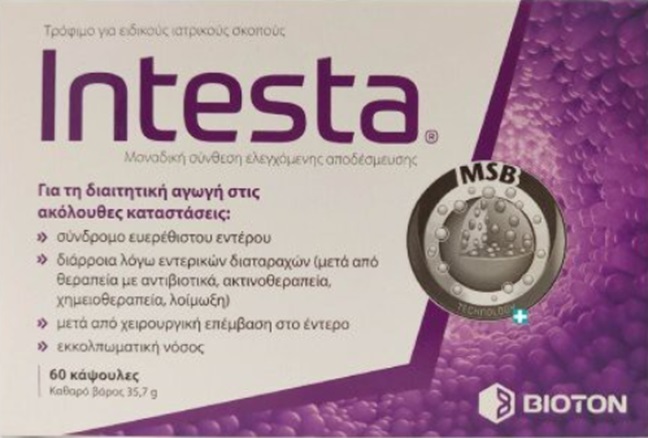Butyric acid supplementation mitigates gut microbiota disruptions caused by H. pylori eradication therapy
Helicobacter pylori (H. pylori) infection is a major cause of gastritis, peptic ulcer disease, and is associated with the development of gastric cancer, making eradication therapy a crucial intervention. However, antibiotic treatment often results in significant alterations in the gut microbiota, impacting its taxonomic composition and functional potential. While probiotics have been explored to offset these disruptions, concerns over their safety and efficacy persist. In this context, a study published in Microorganisms investigated the effects of butyric acid and inulin supplementation on the gut microbiota changes induced by H. pylori eradication therapy.
Study design and methodology
The study enrolled 22 H. pylori-positive patients aged 19 to 64, dividing them into two groups: one receiving standard eradication therapy and another receiving the same therapy plus butyric acid and inulin supplementation. Fecal samples were collected at three time points: before the therapy, after completing the therapy, and a month post-therapy, to analyze changes in the gut microbiota through whole genome sequencing.
Key Findings
- Microbiota Diversity and Composition: Both treatment groups experienced a significant decrease in gut microbiota alpha diversity immediately post-therapy. The supplementation group (butyric acid+inulin), however, saw a return to baseline diversity levels a month post-therapy, unlike the standard therapy group.
- Functional Potential: The butyric acid+inulin group exhibited fewer alterations in the gut microbiota’s functional potential, particularly in genes associated with butyrate production, which only decreased in the standard therapy group.
- Antibiotic Resistance: A significant increase in antibiotic-resistant genes was observed in both groups by the end of the treatment, with more severe alterations in the standard therapy group. This highlights the risk of promoting antibiotic resistance through eradication therapy.
Implications
The study underscores the profound impact of H. pylori eradication therapy on gut microbiota diversity, functional potential, and the emergence of antibiotic resistance. Supplementing the therapy with butyric acid and inulin appears to mitigate these effects, aiding in the preservation and recovery of the gut microbiota’s original state. These findings suggest that butyric acid and inulin could offer a safer alternative to probiotics, potentially enhancing patient compliance and the overall success rate of H. pylori eradication strategies.
Conclusion
H. pylori eradication therapy significantly disrupts gut microbiota, but supplementation with butyric acid and inulin may help maintain its integrity and facilitate recovery post-treatment. This study contributes valuable insights into managing the microbiota-related side effects of antibiotics and underscores the need for further research into effective supplementation strategies during eradication therapy.
Reference
- Abdulkhakov S, Markelova M, Safina D, et al. Butyric Acid Supplementation Reduces Changes in the Taxonomic and Functional Composition of Gut Microbiota Caused by H. pylori Eradication Therapy. Microorganisms 2024;12:319.

